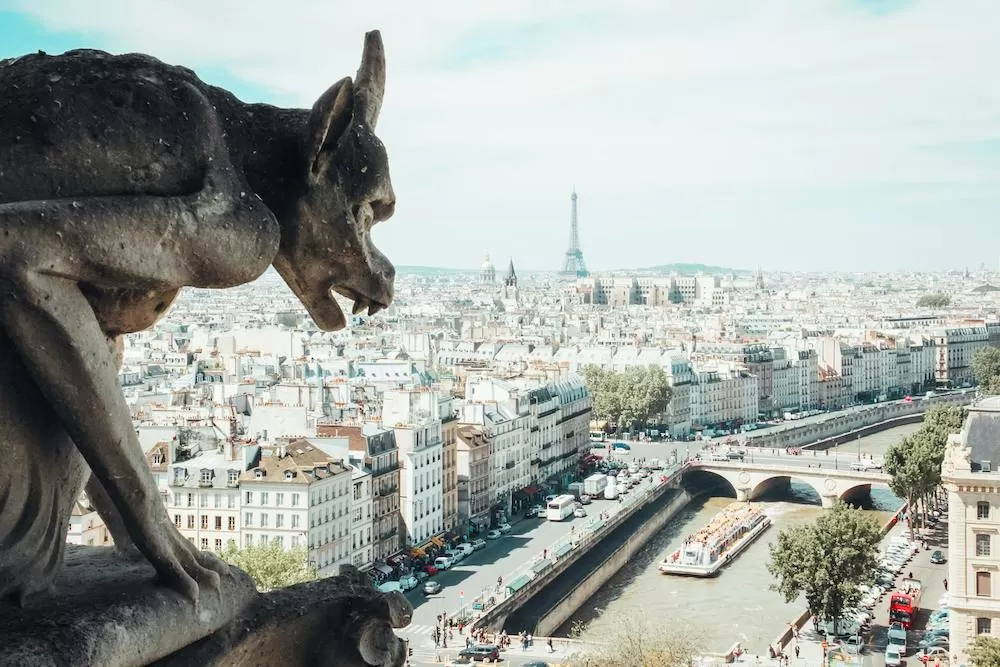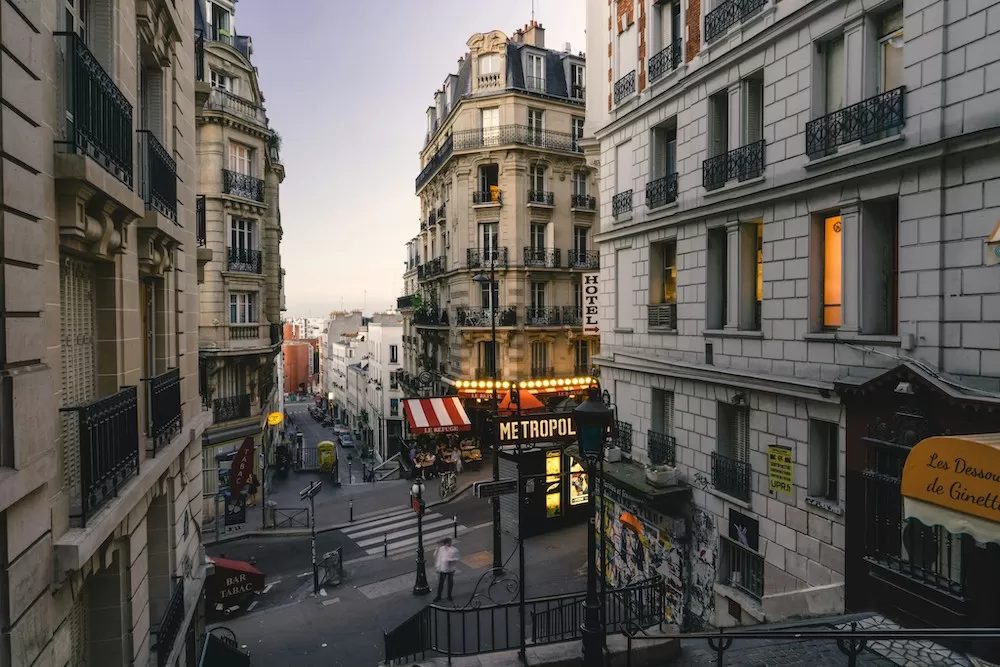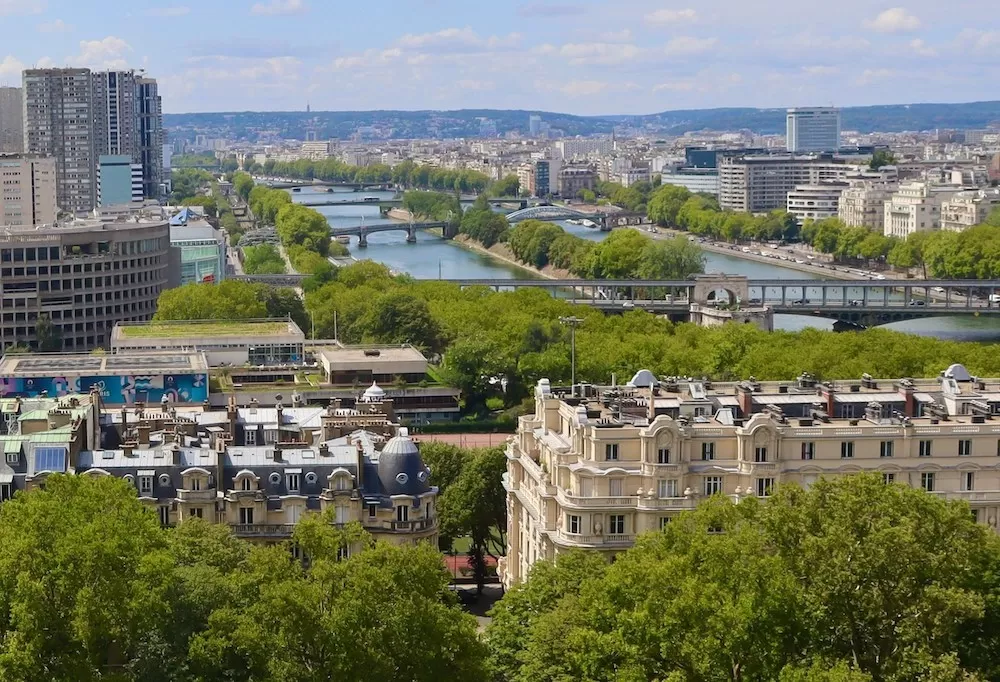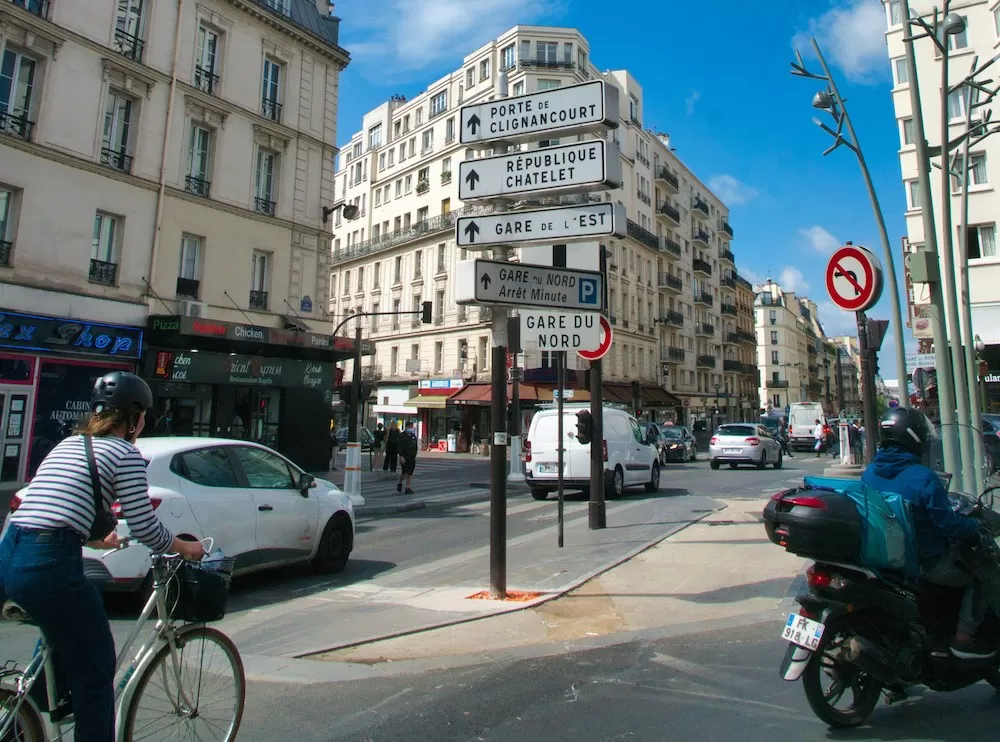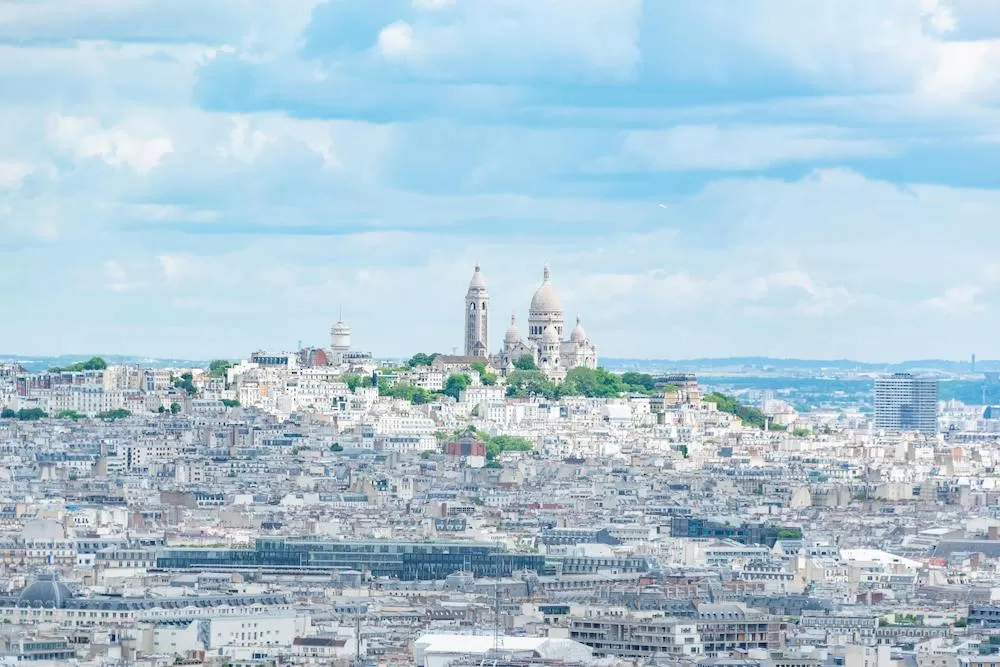It's truly getting tiresome how people like to rag on
Paris, specifically with how dangerous it supposedly is. While there's no doubt that the French capital is far from the safest city in the world, it's still not this crime-ridden hellscape many like to make it out to be. Is Paris a dangerous city? The short answer to this is no, it's not. Its crime rates may be moderate, but its safety rate is still high during the day. With that said, the city's true situation is more complex, and it's worth expounding more on to really know just how safe Paris is today.
What are the Crime Rates in Paris?
Unfortunately,
Paris's crime rates are currently high. As of this writing, the city's general crime rate is 62.30%, which is considered high. It's far from the highest for any major city, but what's even more concerning is that Paris's rate of increasing crime is also high. This current rate is at an alarming 73.43%, even higher than the general crime rate. So not only is the city's situation now already a major cause for concern, but it doesn't seem to be getting better, either. Many will definitely consider these tell-tale signs that Paris is a dangerous city, but there's still more to it than that.
The Highest-Rated Crimes in Paris
The city's crime rates are one thing, but what about the highest-rated crimes in Paris? Or to put it in another way, which crimes are the most prevalent in Paris today? According to Numbeo, vandalism and theft both top the list at a combined 67.85%, which is considered high. This comes as no surprise, considering that pickpocketing often comes up among many tourists' concerns about why they don't want to travel to Paris. And also unsurprisingly, drug dealing comes in second with a high rate of 64.81%. Drugs remain a huge problem for most major cities, and this evidently includes the French capital.
Paris's Safety Rate
With all that has been laid out so far, it's fair to say that Paris is far from the safest city in the world. But does that necessarily mean that it's a dangerous place? What about its safety rate? Just how safe is Paris today? Well, fortunately, the city's current safety rate is 62.77% during the day. Not only is this considered high, but it's also practically similar to Paris's general crime rate. So while the sun is out, the city stays safe for the most part, but that doesn't mean you should just go about willy-nilly. It's still better to take safety precautions when you go out!
How Safe is Paris at Night?
Now, the high 62.30% safety rate is only during the day, but what about at night? How safe is Paris after dark? Unfortunately, the answer is not that much! Paris's safety rate goes down to about 35.82% at night, a significant decrease. The silver lining here is that it's not so low that you should just stay in at night. There's still a bit of leeway for you to enjoy Paris's famous nightlife without worrying too much. With that said, however, you should also consider this as a warning on how to go about your night in the city.
The Safest Neighborhoods in Paris
At this point, it's time to talk about the safest neighborhoods in Paris. If the city's safety rate at night is not so low that you can still go out after dark, where should you go? Fortunately, most of Paris's safest areas are also among its most popular and most central. There's
Saint-Germain-des-Prés, for instance, has always been a popular nightlife spot as far back as the 1900s, and is a major favorite among locals and tourists alike. The iconic
Champs-Élysées, both the famous avenue and the elegant district that surrounds it, is also safe since it's fairly affluent, too.
These are some of the safest areas in Paris:
- Passy
- Saint-Germain-des-Prés
- Latin Quarter
- Champs-Élysées
- Haussmann Saint-Lazare
- Place d'Italie
- Les Amandiers
- Bastille
Areas to Avoid in Paris
In talking about how dangerous the city is today, you can't avoid talking about the most dangerous
neighborhoods in Paris. Ironically enough, you'd do well to avoid these very places, both during the day and especially at night. Fortunately, such areas, which include Gare du Nord, Gare de l'Est, and Barbès-Rochechouart, are far from the most popular spots in town. The only place on this list that's fairly well-known is La Pigalle, but this is mostly because it serves as Paris's red-light district. The iconic Moulin Rouge cabaret is located close by; hence, many tourists tend to stumble upon this often-sketchy area.
Here are what many consider the most dangerous parts of Paris:
- Gare du Nord
- Gare de l'Est
- Pigalle
- Château Rouge
- Stalingrad
- Porte de la Chapelle
- Barbès-Rochechouart
What About the Paris Suburbs?
Now, what about the suburbs of Paris? The outskirts of any major city tend to be its sketchiest areas, but does this ring true in Paris? Well, it depends. Unsurprisingly, the
Paris suburbs are as complex as the central arrondissements themselves. There are some that are entirely safe, namely affluent areas like Neuilly-sur-Seine and Levallois-Perret, while others are relatively dangerous, which include Porte de Clignancourt and Goutte d'Or. So much like the city itself, it's not entirely fair to say that the Paris suburbs are all dangerous or all safe. It mostly depends on where you choose to stay.
Should You Move to Paris?
After that has been laid out, one question remains: should you still
move to Paris? It's undeniable that Paris is far from the safest city on the planet, but it's not so dangerous that the place deserves such a label. The French capital is as complex a city as the rest of them, and though it currently has high crime rates, there are still safe neighborhoods even within the most central areas. So, as far as safety playing a part in whether you should relocate here or not, it'll mostly depend on where you choose to stay and where you go, specifically at night.
Paris is far from what’s usually considered a dangerous city. Though overall safety still poses a major concern among locals and tourists alike, the situation here is not so bad that the entire city deserves to be called dangerous!
